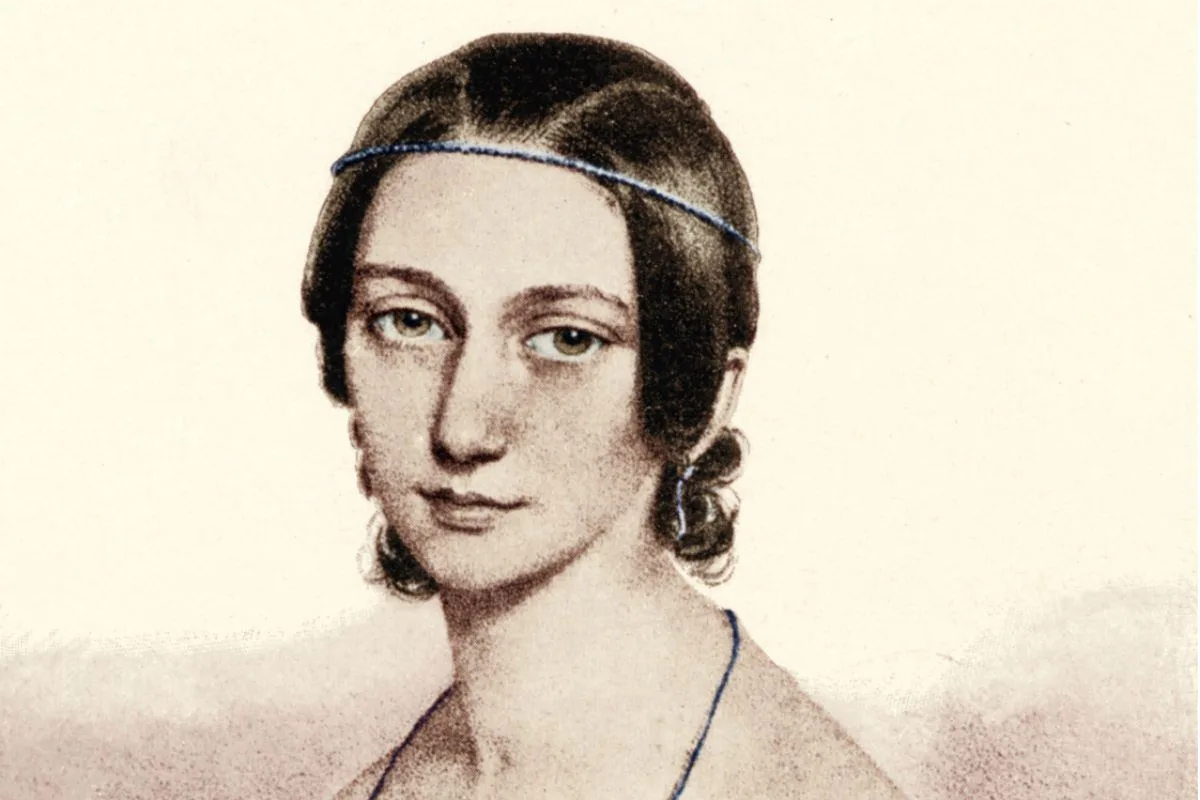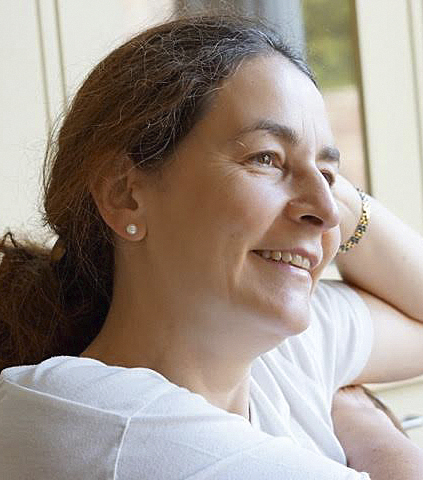Robert Schumann was a composer of extraordinary depth, a visionary who fused literature and music to create some of the most evocative works of the Romantic era. His life, however, was marked by turmoil - an artist of boundless creativity battling the demons of mental illness.
From his passionate marriage to the brilliant pianist Clara Wieck to his tireless championing of composers like the younger Johannes Brahms, Schumann’s story is one of genius, struggle, and tragic decline. Yet, his music endures, offering a glimpse into a mind that saw the world through the lens of poetry, emotion, and an unrelenting pursuit of artistic truth.
Robert Schumann was not only a turbulent genius; he was a forward-thinking intellectual, wielding a literary pen as sharp as his musical one, with which he championed younger composers, and helped to burnish the reputation of others such as Chopin and Mozart. Fusing literary and musical thinking was central to his philosophy.
When was Schumann born?
He was born in 1810 in Zwickau, the son of a publisher. Initially, the young Schumann erred between writing and composing for a living. When he decided, despite early studies in law, to become a musician, he lodged with his piano teacher, Friederich Wieck, in Leipzig and there met Wieck’s small daughter, Clara, a child prodigy pianist.
Schumann soon suffered a hand injury – the result, some said, of a contraption he had built to encourage independence of the fingers, but according to others a side effect of mercury poisoning after treatment for syphilis. Either way, a performing career was not a viable proposition. Clara was on hand to become Schumann’s pianistic amanuensis.

Who did Robert Schumann marry?
While Clara was still too young, Schumann was engaged to a girl named Ernestine von Fricken, whom he portrayed musically as ‘Estrella’ in Carnaval. But as Clara grew up, so did her relationship with Schumann.
We can hardly blame Herr Wieck for objecting. Robert Schumann did not seem a suitable husband for a precious prodigy, with his reputation for dissolute living. Wieck did all he could to keep them apart, to no avail. Clara’s image returned constantly in Schumann’s compositions, as in the feverish G minor Piano Sonata. The pair took Wieck to court and won the right to marry, which they did the day before Clara’s 21st birthday in September 1840.
Their marriage was far from carefree. The pressures of managing two musical careers in a house with thin walls were difficult even before adding seven children. Schumann edited a musical journal, the Neue Zeitschrift für Musik, which he had founded in 1834, as well as composing prolifically and, on occasion, attempting to become a conductor. His greatest battles were against depression.

Schumann gave himself two alter egos
For some observers, Schumann’s predilection for composing for one medium at a time is a sign of unhealthy obsessiveness. However, it could have been a means to deepen his understanding of a genre. First came piano music. His unprecedented piano cycles, such as Papillons Op. 2 (1829-31), Carnaval Op. 9 (1834-5), the Davidsbündlertänze Op. 6 (1837) and Kreisleriana Op. 16 (1838) were the musical equivalent of novels.
One of the aspects that make Schumann such a distinctively Romantic composer is his incorporation of episodes and characters from literature into his music. Works drawing on his favourite writers, Jean-Paul Richter (Papillons) and ETA Hoffmann (Kreisleriana) followed episodes of their books.
- 12 of the best books featuring classical music
- Seven great novels about composers... and three to avoid
Works drawing on his favourite writers, Jean-Paul Richter (Papillons) and ETA Hoffmann (Kreisleriana) followed episodes of their books. Schumann’s two contrasting alter-egos in fictionalised form were dominant characters at this time: ‘Florestan’, the extrovert, passionate self and ‘Eusebius’, the introverted, lyrical counterpart. They featured in his critical writings before finding their way into music.

Love, loneliness and loss
In 1840, Schumann plunged into Lieder. Themes of love gained or thwarted, marriage, anticipation, loneliness and loss constantly appear, his chosen poets including Goethe, Eichendorff, Byron, Rückert and the bitter-edged Heine, the poet of Schumann’s arguably greatest song-cycle, Dichterliebe, Op. 48.
Two symphonies, the first version of what would become the Piano Concerto, and more songs appeared in 1841 and the following year Schumann turned to chamber music, producing three beautiful string quartets, the ebullient Piano Quintet and the Piano Quartet.
Schumann gradually abandoned his preference for working in one genre at a time, mingling the composition of intimate songs, piano pieces and chamber works with larger scale opuses. His four symphonies are fresh, personal statements ranging from a direct evocation of spring in No. 1 (1841) through a virtual portrayal of manic depression in No. 2 (1845-6) – juxtaposing an anguished Adagio slow movement with a frenzied Scherzo.
We then move through an exhilarating celebration of the Rhine and its hinterland in No. 3, the much-loved 'Rhenish', and onto a powerful, Beethovenian striving against fate in No. 4 (written in 1841, revised ten years later). His ambitious choral works, including Scenes from Faust (1844-53) and the Requiem, Op. 148 (1852) seem to live in the shadow of equivalent works by Berlioz and Brahms.
His late music can be baffling
His sole opera, Genoveva (1847-8), which suffers from weak libretto syndrome, has never entered the repertoire. Ironically, opera could have represented the fusion of literature and music; he dreamed of creating opera that would be ‘simple, profound, German,’ considering subjects such as Lohengrin and Till Eulenspiegel.
Schumann’s late music can be baffling. Some view his Cello Concerto (1850) and Violin Concerto (1853) as awkward, inferior to the popular Piano Concerto. These and works like the Gesänge der Fruhe for piano (1853) have been taken as indications of Schumann’s crumbling psyche: the music meanders and there is neither the élan of his early works nor the focused strength of his symphonies.
Did Brahms and Schumann meet?
In 1853, the 20-year-old Brahms visited the Schumanns in Düsseldorf, carrying an introduction from violinist Joseph Joachim. Clara and Robert Schumann were bowled over by his music. Soon Brahms was virtually part of the family. But five months later, Schumann attempted suicide, flinging himself into the Rhine.
Was the timing coincidental? Could Schumann see his place as composer and, potentially, husband, being taken by a younger man?
When did Schumann die?
Schumann, rescued, was sent at his own request to the asylum at Endenich. His death, on 29 July 1856, is now thought to have resulted from self-starvation. We’ll never know what Schumann could have achieved, given a different fate and a different relationship with his mental health. But his musical legacy can be fully comprehended, not only for its beauty but also for its unfulfilled potential.
Jessica Duchen

